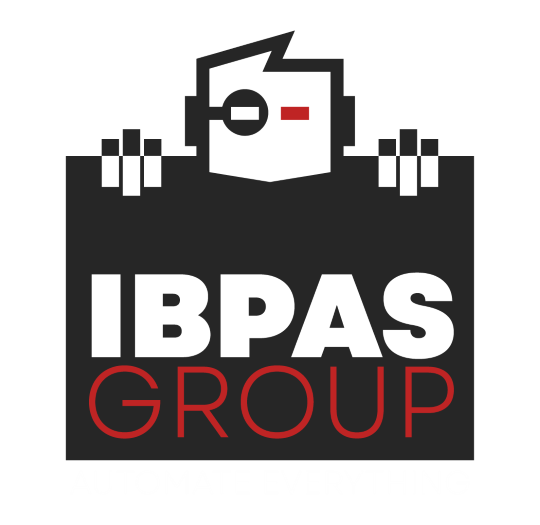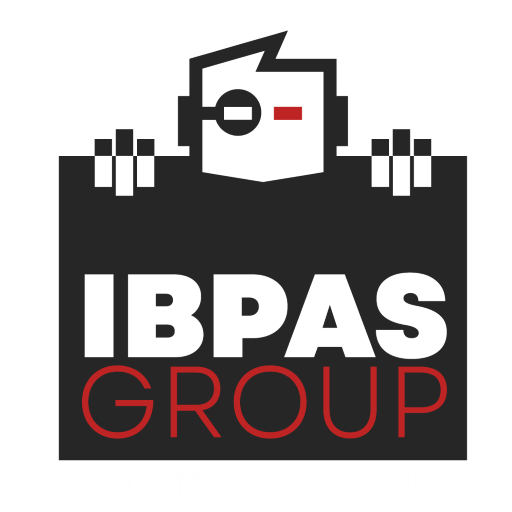Use Cases
Here is just a few of the use cases for RPA:
-
Data entry and processing: One of the most common RPA use cases is data entry and processing. RPA bots can quickly and accurately process large volumes of data, reducing the time and resources needed to complete this task.
-
Customer service: RPA can be used to automate repetitive customer service tasks such as answering frequently asked questions, handling complaints, and processing refunds. This leads to improved customer satisfaction and reduced response times.
-
HR processes: RPA can be used to automate HR processes such as on-boarding, benefits administration, and employee data management. This leads to increased efficiency, reduced errors, and improved employee experience.
-
Supply chain management: RPA can be used to automate supply chain management tasks such as order processing, inventory management, and shipment tracking. This leads to improved efficiency and reduced costs.
-
Accounts payable and receivable: RPA can be used to automate accounts payable and receivable tasks such as invoice processing, payment reconciliation, and vendor management. This leads to improved accuracy, reduced errors, and increased cash flow.
-
Marketing and Sales: RPA can be used to automate tasks such as lead generation, email marketing, and customer segmentation. This leads to improved efficiency and increased revenue.
-
Healthcare: RPA can be used to automate tasks such as patient data management, appointment scheduling, and insurance claims processing. This leads to improved efficiency, reduced errors, and improved patient experience.
Conclusion:
RPA has the potential to revolutionize the way organizations operate. By automating routine and repetitive tasks, RPA leads to increased efficiency, reduced costs, and improved accuracy. Whether you’re in healthcare, finance, HR, or another industry, there’s an RPA use case that can help your organization improve its operations.

